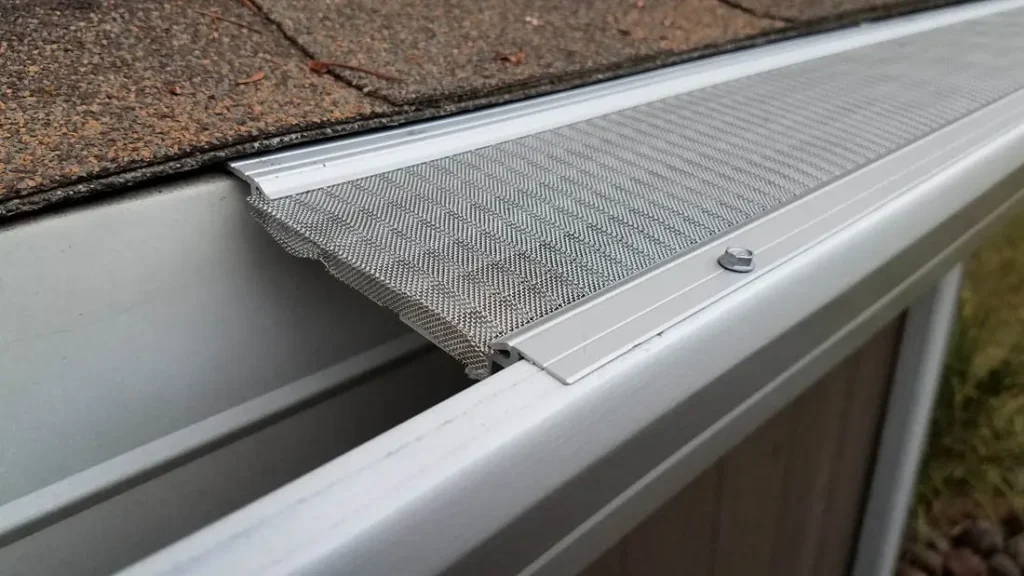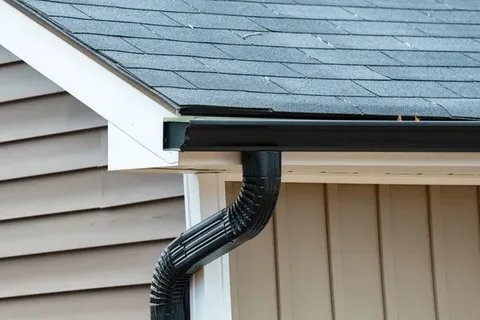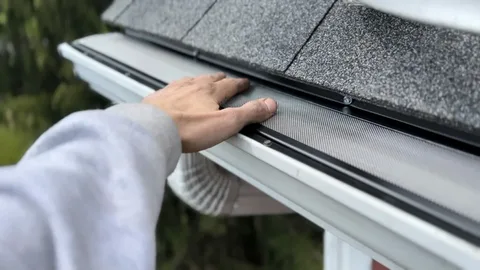A roof replacement is a significant investment in your home, and choosing the right contractor is crucial to ensure a successful and long-lasting result. With numerous roofing contractors available in the market, it can be challenging to identify the best fit for your needs.
This article aims to guide you through the process of selecting the best contractor for your home’s roof replacement, covering key factors such as experience, credentials, reputation, and communication.
Evaluate Roof Experience and Roofing Expertise
One of the primary considerations when choosing a contractor for your roof replacement is their experience and expertise in the field. A well-established contractor with a proven track record is more likely to deliver quality workmanship. Look for a contractor who specializes in roofing and has a significant number of years in the industry.
Consider the types of roofing projects the contractor has completed in the past. Different roofing materials and styles require specific skills and knowledge. An experienced contractor will be familiar with various roofing systems and can provide valuable insights into the best options for your home.
Check Licensing and Insurance
Before hiring any contractor, it is essential to verify their licensing and insurance. A reputable roofing contractor should be licensed to operate in your area, demonstrating compliance with local regulations and building codes. Licensing ensures that the contractor has met the necessary standards for skill and knowledge.
Insurance is equally crucial, as it protects you and the contractor in case of accidents or damage during the project. Ask for proof of both liability insurance and workers’ compensation coverage. Without adequate insurance, you could be held liable for any injuries or damages that occur on your property.
Review Online Roof Replacement Reputation
In the digital age, online reviews and testimonials can provide valuable insights into a contractor’s reputation. Check reputable review websites, social media platforms, and the contractor’s website for feedback from previous clients. Pay attention to both positive and negative reviews, and consider the overall satisfaction of their customers.
Additionally, ask the contractor for references from past roofing projects and roof replacement. A reliable contractor will gladly provide references, allowing you to speak directly with homeowners who have experienced their services. This firsthand information can offer a more comprehensive understanding of the contractor’s work quality, professionalism, and reliability.
Verify Credentials and Company Certifications
Apart from licensing, check if the contractor holds any relevant certifications or credentials. Certifications from industry associations or manufacturers indicate that the contractor has undergone specialized training and is knowledgeable about specific roofing materials and installation techniques.
Certain roofing manufacturers offer certifications to contractors who meet their stringent requirements. Hiring a good certified contractor can be advantageous, as it may lead to enhanced warranty options on the roofing materials. It also demonstrates the contractor’s commitment to staying updated on the latest industry practices.
Evaluate Communication and Professionalism
Effective communication is crucial throughout the roof replacement process. Assess how responsive and communicative the contractor is during the initial consultation phase. A reputable contractor should be willing to answer your questions, provide detailed information about the project, and address any concerns you may have.
Professionalism is another key aspect to consider. A good contractor who values professionalism is likely to approach the project with a high level of dedication and attention to detail. Pay attention to how the contractor presents themselves, responds to inquiries, and manages the overall communication process.
Compare Bids and Contracts
Once you have narrowed down your options, obtain detailed bids from at least three contractors. Review each bid thoroughly, ensuring it includes a breakdown of costs, a timeline for the project, and specific details about the materials and services to be provided. Be wary of significantly low bids, as they may indicate subpar materials or workmanship.
Carefully read through the contract before signing. A comprehensive contract should outline all aspects of the project, including payment schedules, project timelines, and warranty information. If there are any unclear terms or uncertainties, seek clarification from the contractor before proceeding.
Understand the Warranty
A reputable contractor should offer a warranty on both the roofing materials and the installation work. Be sure to understand the terms and duration of the warranty, as this can vary among contractors. A more extended warranty period reflects the contractor’s confidence in the quality of their work and the materials used.
Ask about the process for warranty claims and whether there are any conditions or limitations. Understanding the warranty ensures that you are protected in the event of any issues arising after the completion of the roof replacement.
Consider Local Knowledge and Experience
Local knowledge and experience can be advantageous when it comes to roofing projects. A contractor familiar with the local climate, building codes, and common roofing issues in your area is better equipped to address specific challenges and ensure that your new roof is well-suited to the local environment.
Local contractors also tend to have established relationships with suppliers and a network of reliable subcontractors. This can contribute to a smoother and more efficient project timeline, as well as potential cost savings.
Visit Ongoing and Completed Projects
If possible, visit ongoing or recently completed projects by the contractor. This gives you a firsthand look at their workmanship and attention to detail. Pay attention to the neatness of the work site, the quality of materials used, and the overall appearance of the completed roofs.
You can also use this opportunity to speak with the homeowners about their experiences with the contractor. Ask about the contractor’s professionalism, adherence to timelines, and any unexpected issues that may have arisen during the project.
Trust Your Instincts
Ultimately, trust your instincts when making a decision. If a contractor makes you feel uneasy or pressured, it may be a red flag. Choose a contractor with whom you feel comfortable communicating openly and honestly. A trustworthy contractor should be transparent, provide clear information, and address any concerns you may have.
Additional Considerations for a Successful Roof Replacement
Clear Communication Channels
Effective communication is a two-way street. Ensure that the contractor has a designated point of contact and that you are comfortable with the communication channels established. Discuss how updates will be provided, how concerns will be addressed, and the frequency of progress reports. A contractor who prioritizes clear communication helps build trust and fosters a smoother working relationship.
Good Flexibility and Good Adaptability
Roofing projects can encounter unexpected challenges, such as weather delays or unforeseen structural issues. A flexible and adaptable contractor can navigate these challenges effectively, adjusting timelines and strategies as needed. During the initial discussions, inquire about the contractor’s contingency plans and how they handle unexpected developments without compromising quality.
Roof Payment Terms and Roof Repair Schedule
Discuss the payment terms and schedule with the contractor before signing any agreements. Be cautious of contractors who demand full payment upfront. A reasonable payment schedule typically involves an initial deposit, progress payments tied to project milestones, and a final payment upon completion. Clearly outlined payment terms help establish expectations and protect both parties involved.
Local Roofing Permits and Documentation
Before commencing any roofing project, permits and documentation must be in order. A responsible contractor will take care of obtaining the necessary permits and ensuring that all paperwork is in compliance with local regulations. Inquire about the contractor’s understanding of the permit process and their willingness to handle these administrative tasks.
Company Post-Installation Roof Maintenance Plans
Inquire about the contractor’s post-installation maintenance plans. While a well-installed roof should require minimal maintenance, it’s essential to know how the contractor addresses any issues that may arise in the months or years following the completion of the project. A contractor offering a comprehensive maintenance plan demonstrates their commitment to customer satisfaction and the longevity of their work.
Conclusion
Choosing the best contractor for your home’s roof replacement is a multi-faceted process that requires thorough research and careful consideration of various factors. From evaluating experience and checking credentials to assessing communication and embracing environmental responsibility, each aspect plays a crucial role in ensuring a successful and durable roof replacement.
By combining these considerations, you can make an informed decision that aligns with your specific needs and preferences. Remember that the right contractor goes beyond technical expertise; they should also prioritize clear communication, ethical practices, and a commitment to customer satisfaction.
Investing time and effort into selecting the best contractor not only safeguards your investment but also contributes to the overall well-being and longevity of your home. A well-executed roof replacement enhances your property’s aesthetics, energy efficiency, and, most importantly, its ability to protect your family and belongings for years to come.




